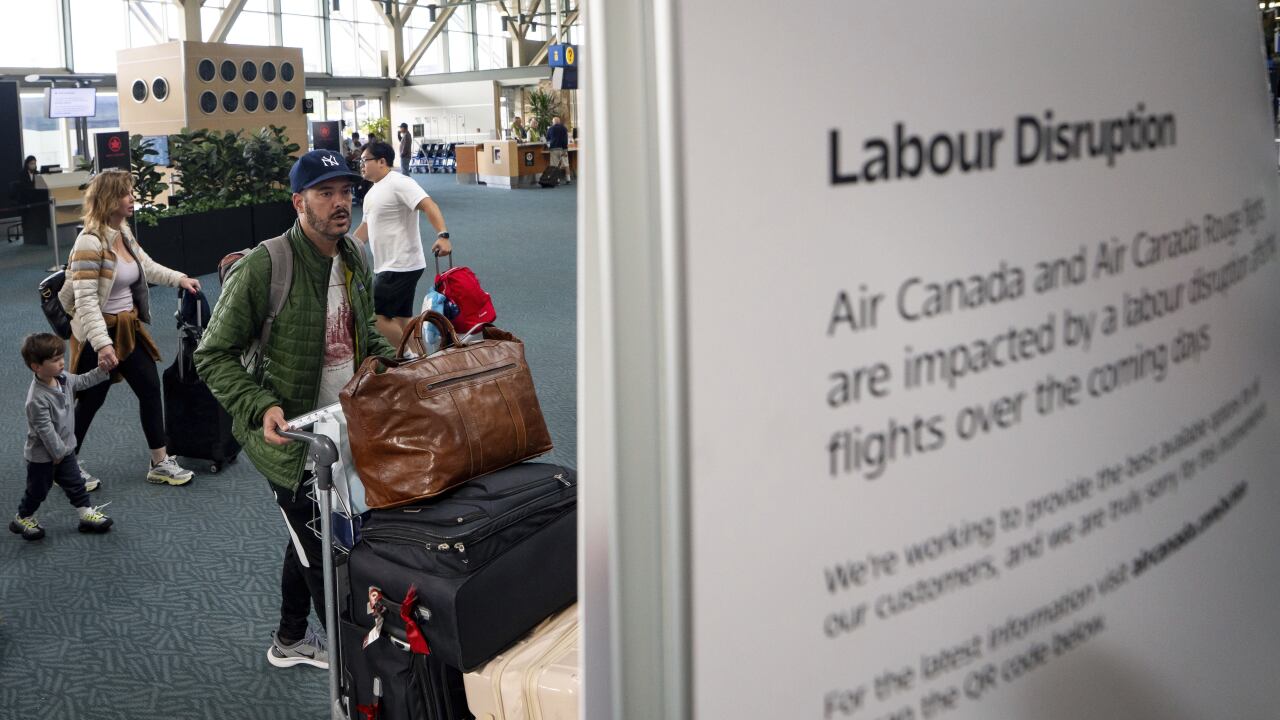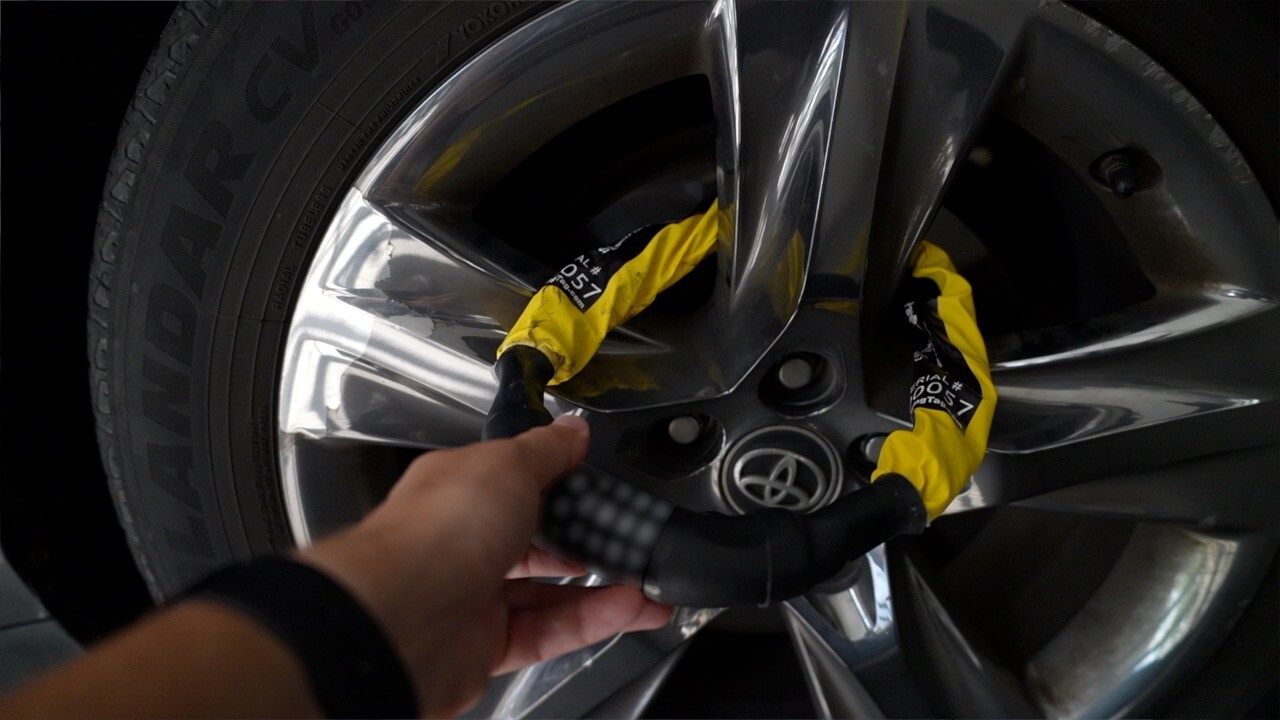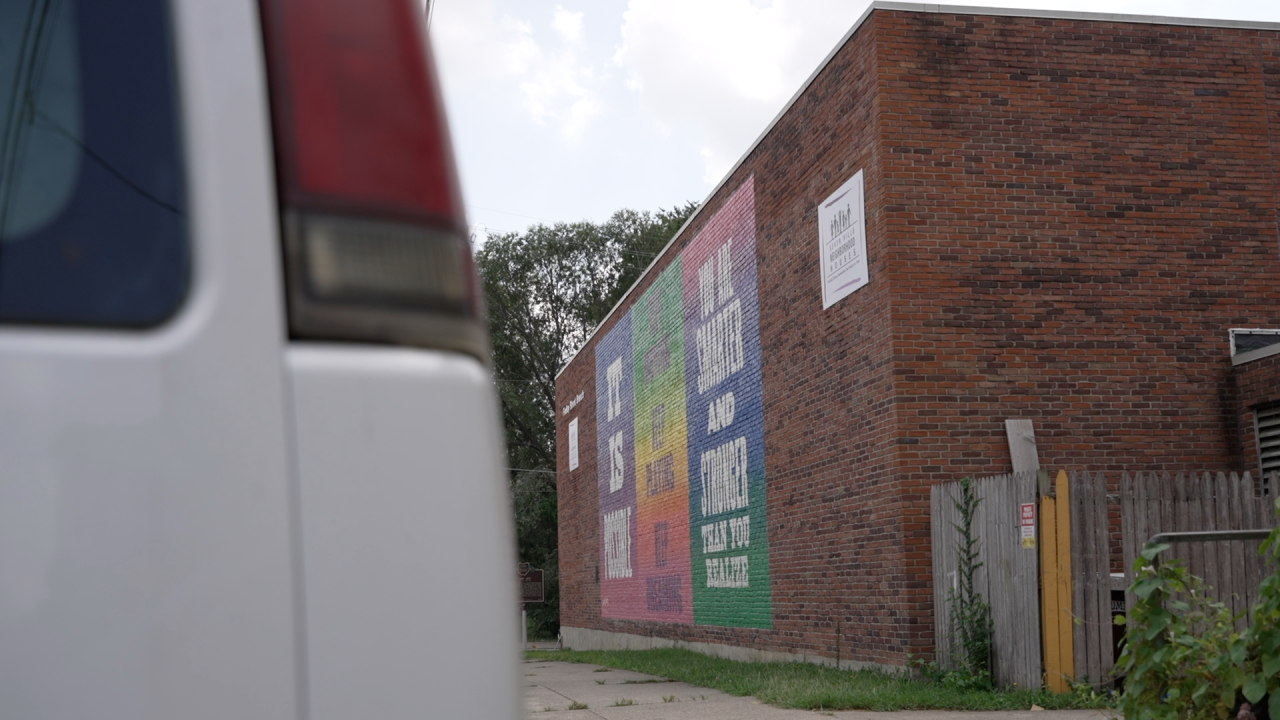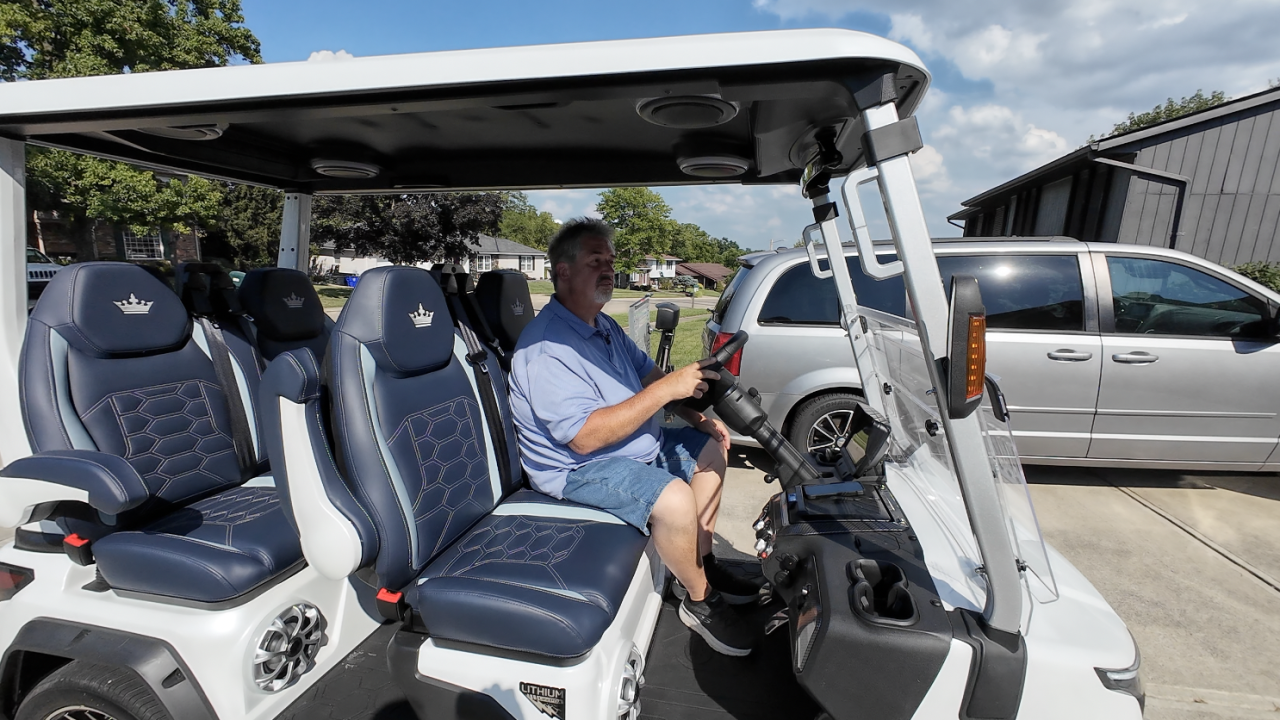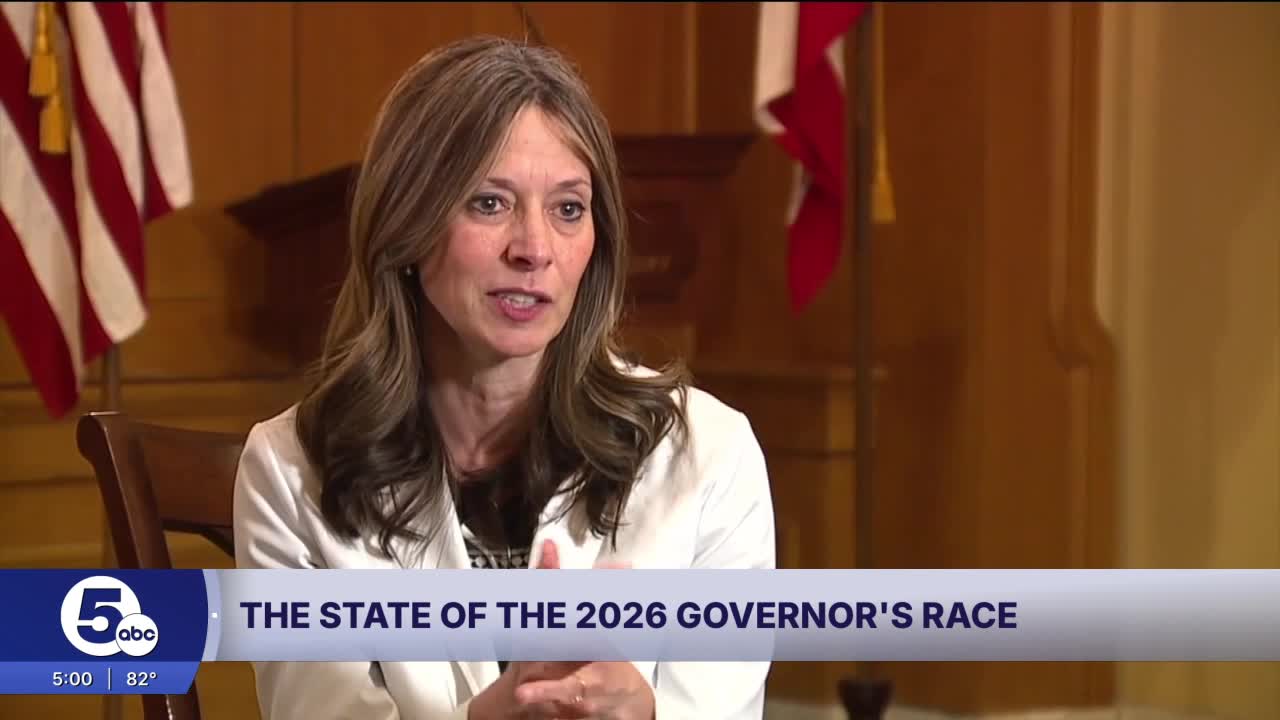After the union that represents 10,000 flight attendants said that they would not comply with a return to work directive, Air Canada announced that it had halted plans to resume operations on Sunday. By 2:00 p.m., airline employees were forced to return to work by the Canada Industrial Relations Board. After the government stepped in, Air Canada announced that it will start operating again on Sunday night. The biggest airline in Canada has announced that it would start operating again on Monday night.
The union that represents 10,000 striking flight attendants for Air Canada announced on Sunday that it will continue its strike, which has left over 100,000 passengers stranded worldwide during the busiest summer travel season, despite a directive to report back to work.
By 2:00 p.m., airline employees were forced to return to work by the Canada Industrial Relations Board. After the government stepped in, Air Canada announced that it will start operating again on Sunday night.
Mark Hancock, national president of the Canadian Union of Public Employees, declared at the Toronto Airport that his members would not be returning to their jobs. We’re refusing.
The entire process, according to Hancock, has been unjust, and it will contest what it claims is an unconstitutional order.
“Air Canada has truly refused to negotiate with us, and they did so because they knew this government would try to save the day on their own dime,” he said.
A request for comment was not immediately answered by the airline or the federal authorities.
In a statement released early on Sunday, the nation’s biggest airline stated that while the first flights will restart later in the day, it will take a few days before its operations resume as usual. It stated that until the schedule is fixed, certain flights will be canceled throughout the course of the next seven to ten days.
RELATED STORY | Air Canada and flight attendants are forced to return to work and participate in arbitration by the government
Federal Jobs Minister Patty Hajdu ordered the 10,000 flight attendants to return to work less than 12 hours after they had walked off the job. She noted the extraordinary tariffs the U.S. has placed on Canada and stated that now is not the time to take economic risks. The Canada Industrial Relations Board was notified of the work stoppage by Hajdu.
The airline stated that the current collective agreement’s tenure has been extended by the Canada Industrial Relations Board until the arbitrator decides on a new one.
About 130,000 people were impacted daily by the early Saturday suspension of Canada’s biggest airline. Approximately 700 flights are operated daily by Air Canada.
Air Canada canceled 494 flights on Sunday morning, according to data from aviation analytics company Cirium. This is on top of the hundreds of flights it had canceled in the days prior.
The union rejected Air Canada’s previous request to participate in government-directed arbitration, which enables a third-party arbiter to determine the parameters of a new contract, on Friday, intensifying the acrimonious contract dispute.
About 1 a.m. EDT on Saturday, flight attendants left their jobs. At about the same time, Air Canada announced that it will start preventing flight attendants from entering airports.
During a work stoppage last year, the government pushed the two main railroads in the nation to enter into arbitration with their labor union. The rail workers’ union is suing, claiming that the government is taking away a union’s bargaining power.
In this instance as well, the Business Council of Canada had lobbied the government to enforce binding arbitration. The involvement was also praised by the Canadian Chamber of Commerce.
Although it is evident that the two sides are at a standstill, Hajdu insisted that her Liberal administration is not anti-union.
According to Air Canada, travelers whose flights are affected can use the airline’s website or mobile app to receive a complete refund.
When feasible, the airline added, it will also provide alternate routes via other Canadian and international airlines. However, it cautioned that because other airlines’ flights are already filled because of the summer travel surge, it could not guarantee a speedy rebooking.
After over eight months of contract negotiations, Air Canada and CUPE have not yet reached a provisional agreement. Regarding compensation and the unpaid labor flight attendants perform when planes are not in flight, both sides have stated that they are still very much at odds.
In its most recent offer, the airline claimed that a 38% rise in overall pay over four years—including perks and pensions—would have made our flight attendants the highest paid in Canada.
However, the union resisted, claiming that inflation made the first-year 8% rise insufficient.
